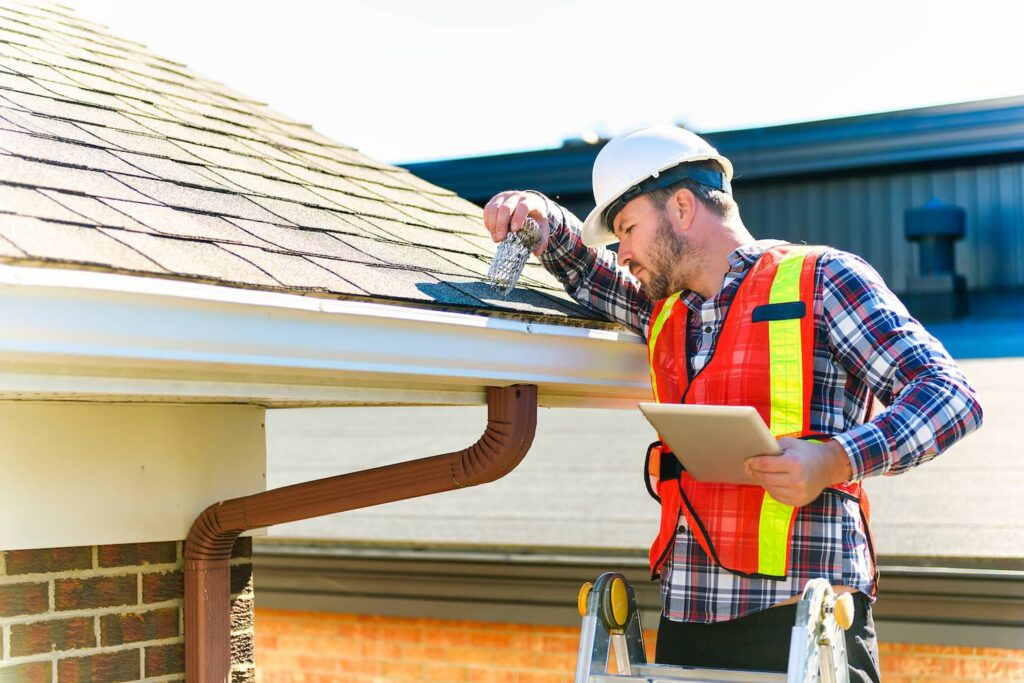In the dynamic world of real estate, the role of a home inspector is paramount. Home inspectors provide invaluable insights into the condition of a property, offering peace of mind to buyers and sellers alike. However, embarking on the journey to become a home inspector requires careful planning and dedication. This article serves as a comprehensive roadmap, guiding aspiring individuals through the essential steps toward building a successful career in home inspection.
Understanding The Role Of A Home Inspector
Before diving into the intricacies of the profession, it’s crucial to grasp the responsibilities of a home inspector. Home inspectors conduct thorough examinations of residential properties, evaluating various components such as structural integrity, electrical systems, plumbing, and more. Their assessments help clients make informed decisions regarding property transactions and maintenance. Understanding the multifaceted role of a home inspector is essential for individuals embarking on the journey of how to become a home inspector.
Obtain Proper Education And Training
Education lays the foundation for a successful career in home inspection. While specific requirements vary by region, most states mandate aspiring home inspectors to complete formal training programs. These programs cover essential topics such as building codes, inspection techniques, and report writing. Additionally, pursuing certifications from reputable organizations like the American Society of Home Inspectors (ASHI) or the International Association of Certified Home Inspectors (InterNACHI) can enhance credibility and marketability.
Gain Hands-On Experience
Theory alone is insufficient to excel in the field of home inspection. Practical experience is equally vital. Aspiring inspectors should seek opportunities to shadow experienced professionals, participate in field inspections, and engage in hands-on training exercises. By immersing themselves in real-world scenarios, individuals can refine their skills, develop keen observational abilities, and learn to identify potential issues effectively.
Fulfill Licensing And Certification Requirements:
In many jurisdictions, home inspectors are required to obtain a license or certification to practice legally. These requirements typically involve passing state-specific exams and meeting certain educational or experience criteria. Additionally, obtaining professional certifications from recognized organizations demonstrates competence and commitment to industry standards. Adhering to licensing and certification requirements not only ensures compliance with regulations but also enhances credibility in the eyes of clients.
Establish A Professional Network
Building a robust professional network is essential for long-term success as a home inspector. Networking allows individuals to connect with industry peers, potential clients, real estate agents, and other relevant stakeholders. Attending industry events, joining professional associations, and actively engaging in online forums are effective strategies for expanding one’s network. Cultivating strong relationships within the real estate community can lead to referrals, partnerships, and valuable business opportunities.
Invest In Tools And Technology
Modern home inspection relies heavily on advanced tools and technology to conduct thorough assessments efficiently. Aspiring inspectors should invest in high-quality equipment such as moisture meters, thermal imaging cameras, and gas leak detectors. Moreover, leveraging digital tools for report generation and client communication streamlines workflows and enhances professionalism. Staying abreast of emerging technologies ensures that inspectors remain competitive and capable of delivering exceptional service.
Develop Strong Business Acumen
Successful home inspectors not only possess technical expertise but also business acumen. Establishing and managing a home inspection business requires proficiency in various areas, including marketing, finance, customer service, and operations. Developing a solid business plan, implementing effective marketing strategies, and delivering exceptional customer experiences are crucial elements of sustainable growth. Continuous learning and adaptation to market trends are essential for staying ahead in a competitive industry.
Conclusion
Becoming a home inspector is a rewarding journey that requires dedication, education, and practical experience. By following the roadmap outlined in this article, aspiring individuals can navigate the path toward building a successful career in home inspection. With a commitment to professionalism, continuous learning, and exceptional service, home inspectors play a vital role in ensuring the integrity and safety of residential properties.

